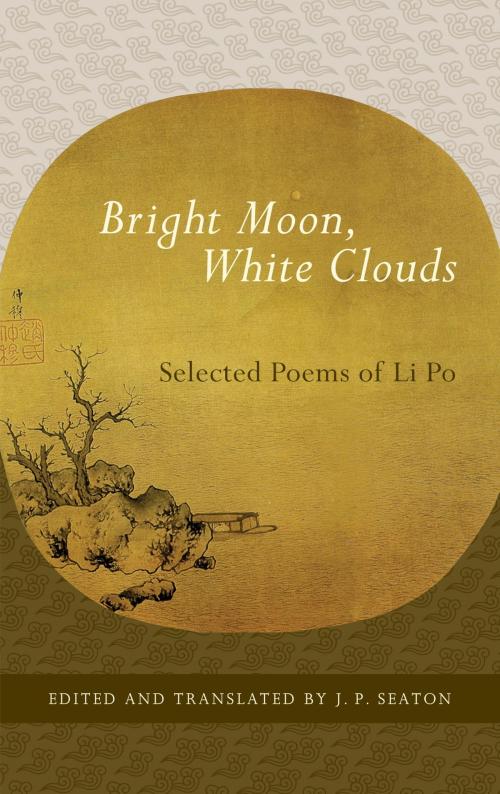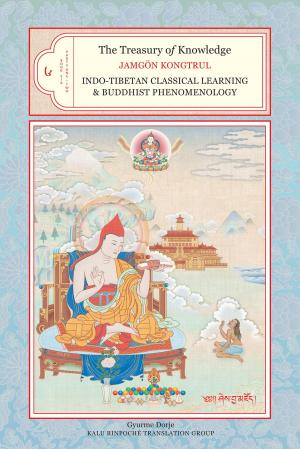Bright Moon, White Clouds
Selected Poems of Li Po
Fiction & Literature, Literary Theory & Criticism, Asian, Far Eastern, Poetry| Author: | Li Po | ISBN: | 9780834827783 |
| Publisher: | Shambhala | Publication: | June 5, 2012 |
| Imprint: | Shambhala | Language: | English |
| Author: | Li Po |
| ISBN: | 9780834827783 |
| Publisher: | Shambhala |
| Publication: | June 5, 2012 |
| Imprint: | Shambhala |
| Language: | English |
Li Po (701-762) is considered one of the greatest poets to live during the Tang dynasty—what was considered to be the golden age for Chinese poetry. He was also the first Chinese poet to become well known in the West, and he greatly influenced many American poets during the twentieth century.
Calling himself the "God of Wine" and known to his patrons as a "fallen immortal," Li Po wrote with eloquence, vividness, and often playfulness, as he extols the joys of nature, wine, and the life of a wandering recluse. Li Po had a strong social conscience, and he struggled against the hard times of his age. He was inspired by the newly blossoming Zen Buddhism and merged it with the Taoism that he had studied all his life.
Though Li Po's love of wine is legendary, the translator, J. P. Seaton, includes poems on a wide range of topics—friendship and love, political criticism, poems written to curry patronage, poems of the spirit—to offer a new interpretation of this giant of Chinese poetry. Seaton offers us a poet who learned hard lessons from a life lived hard and offered his readers these lessons as vivid, lively poetry—as relevant today as it was during the Tang dynasty.
Over one thousand poems have been attributed to Li Po, many of them unpublished. This new collection includes poems not available in any other editions.
Li Po (701-762) is considered one of the greatest poets to live during the Tang dynasty—what was considered to be the golden age for Chinese poetry. He was also the first Chinese poet to become well known in the West, and he greatly influenced many American poets during the twentieth century.
Calling himself the "God of Wine" and known to his patrons as a "fallen immortal," Li Po wrote with eloquence, vividness, and often playfulness, as he extols the joys of nature, wine, and the life of a wandering recluse. Li Po had a strong social conscience, and he struggled against the hard times of his age. He was inspired by the newly blossoming Zen Buddhism and merged it with the Taoism that he had studied all his life.
Though Li Po's love of wine is legendary, the translator, J. P. Seaton, includes poems on a wide range of topics—friendship and love, political criticism, poems written to curry patronage, poems of the spirit—to offer a new interpretation of this giant of Chinese poetry. Seaton offers us a poet who learned hard lessons from a life lived hard and offered his readers these lessons as vivid, lively poetry—as relevant today as it was during the Tang dynasty.
Over one thousand poems have been attributed to Li Po, many of them unpublished. This new collection includes poems not available in any other editions.















